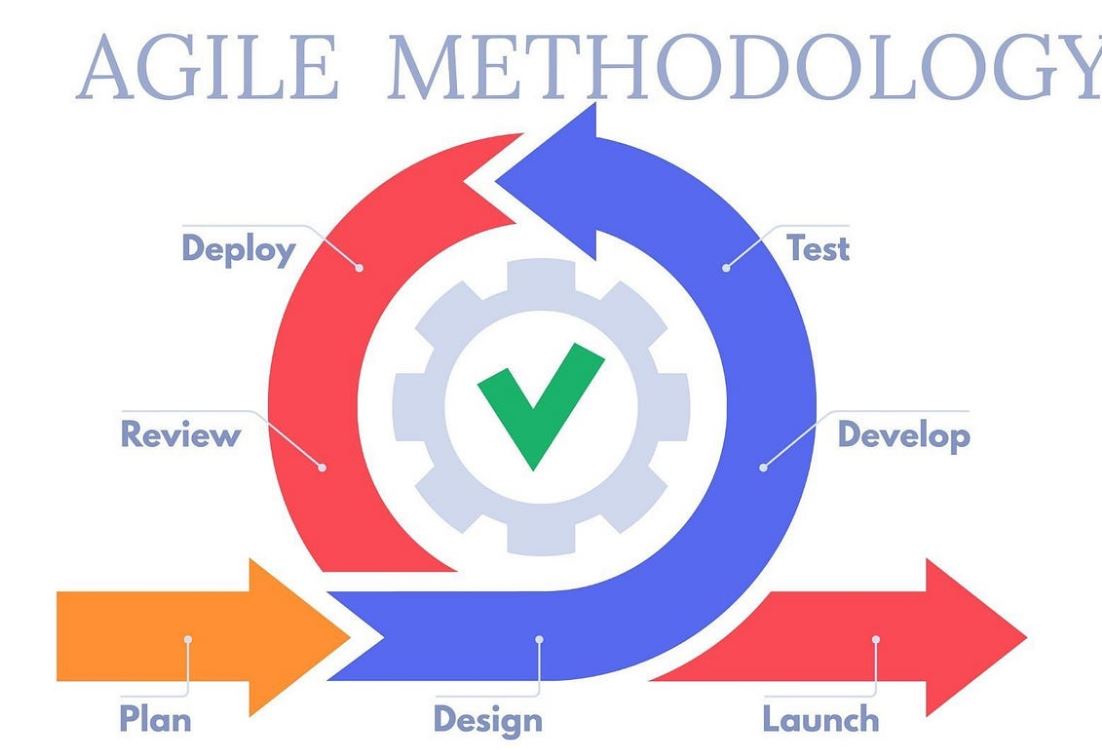![]() Free Shipping
Free Shipping ![]() Buy Now, Pay Later
Buy Now, Pay Later ![]() Eligible
Eligible
The Power of Digital Reading to Democratize Education

Breaking the Barriers of Geography
For decades access to education has depended on where a person lives. Schools libraries and universities are more likely to be well-equipped in big cities while rural areas are often left out of the loop. This imbalance has shaped generations separating those who could afford to study from those who had to settle for less.
Now with digital reading materials being more available than ever this old divide is starting to blur. Anyone with a smartphone tablet or laptop and a basic internet connection can open a door to thousands of books academic papers and research journals. Z library remains one of the most popular choices among readers worldwide because it gathers such a vast collection under one roof. Whether someone is studying law in Lagos or literature in Lahore there’s a chance they’re reading from the same shelf—only the shelf is virtual.
Equal Access Is a Game Changer
Before online libraries became widespread many learners relied heavily on local institutions which often lacked updated content. Teachers would reuse textbooks for years and students had few opportunities to dig deeper. The ability to explore topics independently was a luxury not everyone could afford.
That’s changing fast. E-libraries allow people to choose what they want to study when they want to study it. Learning no longer stops when the classroom empties out. It continues on a train ride a park bench or a midnight session in a shared bedroom. For people in developing regions digital reading can mean the difference between being stuck or moving forward. Open access to books and research means more students have a fighting chance regardless of income or geography. And it isn’t just students. Lifelong learners professionals and even retired folks are turning to digital reading to stay sharp.
At the center of this shift is a quiet revolution—one that builds skills and confidence without charging a fee or asking for credentials. The ripple effects go beyond just individual learning. Shared knowledge has a way of building stronger communities and better conversations.
The Everyday Impact of Free E-Libraries
A few key reasons why digital reading is lifting barriers and offering more people a seat at the table:
- Low Cost High Value
One major obstacle in traditional education is the price tag. Textbooks can cost more than an entire month’s rent in some parts of the world. Digital libraries flip the script by providing those same titles for free or at a fraction of the cost. A person can now access university-level material without applying for student loans or applying to a university at all. This means financial hardship no longer automatically equals educational poverty.
- Choice and Autonomy
In a traditional setting the curriculum decides what gets taught. With digital libraries the learner makes the call. Someone interested in astrophysics can jump right into it. Another curious about 17th-century poetry can find rare editions previously locked behind institutional walls. This freedom to choose shapes more self-motivated learners who often go beyond what formal education expects of them. And they do it without needing a teacher to assign the material.
- Quiet Learning in Noisy Lives
Not everyone has time for formal classes. Some work two jobs others raise children. Many balance both. For these people scheduled lectures or full-time programs just aren’t realistic. Digital reading offers flexibility. They can read when they can carve out the time—even if it’s just 20 minutes a day. Over time that adds up. Education starts to look less like a finish line and more like an ongoing path that bends around life’s responsibilities.
This movement has real weight behind it and is being noticed in academic and cultural spaces:
- Digital Libraries Support Marginalized Languages
Many digital archives are preserving books and documents in languages that mainstream publishers overlook. This helps minority cultures hold onto their heritage while also educating new readers. A student in Romania might discover a rare text in Basque. A teacher in Vietnam might use digitized books in Hmong. In doing so digital libraries are expanding literacy in every sense of the word.
- Students Build Knowledge Without Gatekeepers
Formal education often sets high bars—application fees entrance exams long waitlists. Online reading creates a space where those bars don’t matter. A curious teenager with no university nearby can dive into particle physics or post-colonial theory with no one telling them they aren’t ready. That’s a power shift. It says education belongs to anyone who seeks it not just those who pass a test.
- Learning Happens Across Borders and Beliefs
With open access people can study perspectives beyond their own cultures. A reader in Egypt might explore feminist philosophy from France. A medical student in Brazil might reference research from Japan. These connections foster understanding in a world often shaped by division. Education through digital reading doesn’t just make people smarter—it can make them kinder too.
And this expanding access has even deeper implications. With so many digital libraries emerging the question of legitimacy and trust becomes important. Readers often rely on reputation and community feedback. That’s why many now refer to sources such as https://en.wikipedia.org/wiki/Z-Library to understand what these platforms are and how they’re being used around the world.
Real Lives Real Change
Digital reading is no longer a niche habit among tech-savvy folks. It’s part of how millions live and learn. In refugee camps e-books replace the libraries that war and crisis destroyed. In prisons inmates study law or history through donated tablets. In underserved neighborhoods parents teach their kids to read using downloaded PDFs and audiobooks. These stories don’t always make headlines but they’re proof of something larger taking root.
There’s also a subtle shift happening in how people think about knowledge. When reading is tied to institutions it feels distant—something that happens in lecture halls or locked buildings. When reading happens through a phone screen on the way to work it feels personal. More and more people are building their own education one page at a time.
Looking Ahead Without Looking Up
The world is not short on content. The challenge is access. And that’s what digital reading quietly solves. It gives people the keys to knowledge without asking where they come from or what they can pay. It also invites them to build their own map rather than follow one handed down by someone else.
When books are no longer locked behind glass or paywalls education becomes what it should have been all along—a shared good not a private luxury. Digital reading doesn’t pretend to fix every problem in education. But it does open a lot of doors that used to be shut. And once a door opens it’s hard to close it again.






